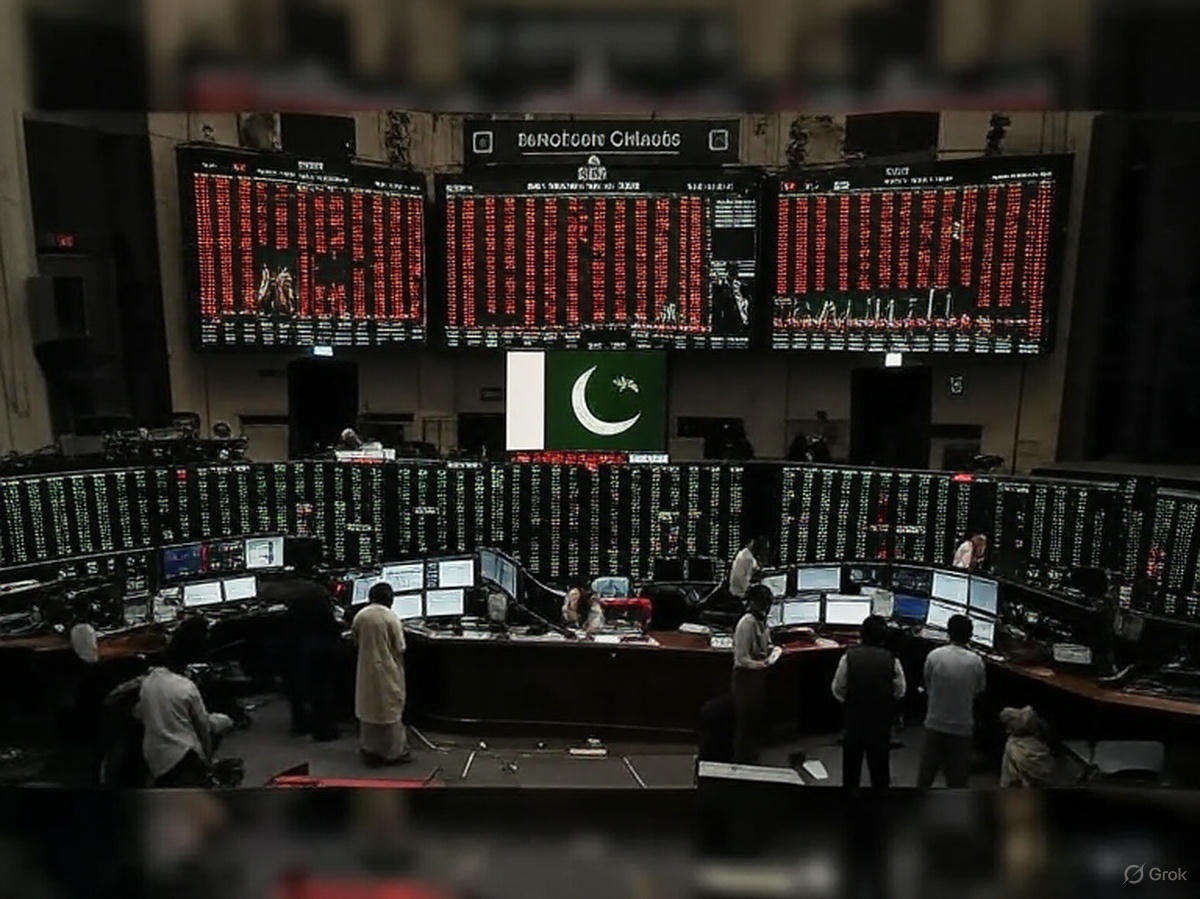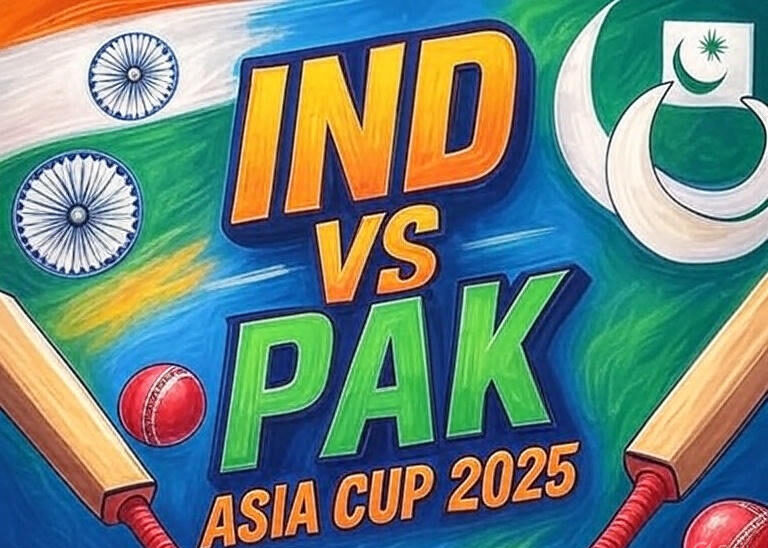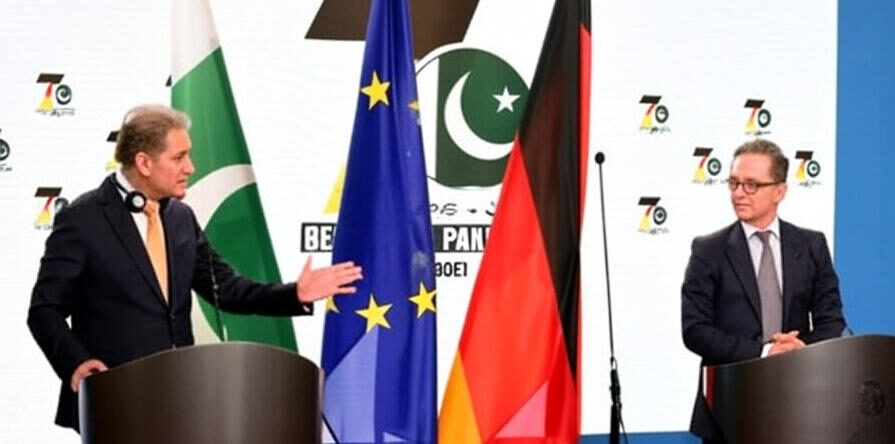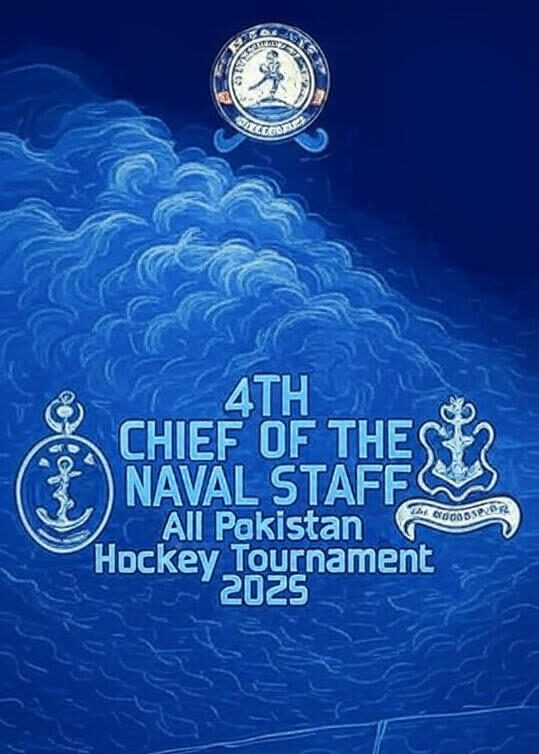
Pakistan and Bangladesh. Things are changing in the region now. Back in August 2025, Pakistan’s Foreign Minister and Deputy Prime Minister Ishaq Dar headed to Dhaka for a two-day trip. It was the first high-level visit from Pakistan in 13 years. This came right after Sheikh Hasina got ousted as Bangladesh’s Prime Minister. You know, it feels like a big shift in how these two countries relate. Dar met with interim leaders, folks from the Bangladesh Nationalist Party, and even Jamaat-e-Islami. Pakistan wants to fix ties that got wrecked by the 1971 Liberation War. But those old grudges from the war, they still hang around and make things tricky. Anyway, this piece looks at why Dar’s visit matters, how they’re trying to patch things up, and what keeps getting in the way of a real fresh start.
So, the background here. Regional stuff shifted a lot. Sheikh Hasina got pushed out on August 5, 2024, thanks to that student uprising. It totally changed Bangladesh’s politics. Her Awami League crew had been super close with India, building strong links to New Delhi. At the same time, relations with Pakistan stayed cold, especially once they started those 2010 trials for 1971 war collaborators. Now with Hasina gone, and Muhammad Yunus leading the interim government as Chief Adviser, Pakistan saw a chance to jump back in. Bangladesh-India ties cooled off a bit too, which helped open the door.
That 1971 war, it left some deep marks.

Bangladesh broke free from Pakistan, and the scars are still there. Bangladesh has pushed for years for a real apology over the atrocities they say happened. They also want to sort out sharing assets and bringing back stranded Pakistanis who got left behind. After Hasina left, though, the political mess created room for Pakistan to aim for something forward-looking. Dar talked about leaning on shared culture, religion, and history to build from there.
Dar’s trip itself, from August 23 to 24, 2025. Pakistan’s Foreign Office called it a major milestone. It followed up on earlier moves, like when Foreign Secretary Amna Baloch went to Dhaka in April 2025, the first such visit in 15 years. Dar had a full schedule, meeting important people and hashing out deals to boost connections.
He sat down with the interim government first.
Met Chief Adviser Muhammad Yunus and Foreign Affairs Adviser Touhid Hossain. They covered trade, cultural stuff, and working together in the region. Even talked about bringing back the South Asian Association for Regional Cooperation, you know, SAARC. Then there were the political parties. Dar linked up with BNP leaders, including Chairperson Khaleda Zia. And with Jamaat-e-Islami’s top folks too. He praised their courage and determination, even though they played a controversial part in fighting against Bangladesh’s independence back in 1971. Oh, and he connected with the National Citizen Party, the student group that really drove Hasina out. That shows Pakistan trying to reach the new players on the scene.
They signed six Memoranda of Understanding during the visit. Covered things like visa waivers for diplomatic passports, cultural swaps, trade work, and teaming up between foreign service schools, news outfits, and research spots. They also chatted about starting direct flights from Dhaka to Karachi. Plus, a Joint Economic Commission meeting set for September or October 2025.
Still, those 1971 shadows loom large

Even with the good moves, the war blocks the way. During talks with Touhid Hossain, Bangladesh brought up the need for an apology, asset splits, and repatriating those stranded Pakistanis. Pakistan says a 1974 tripartite deal with India and Bangladesh settled it all. And then Pervez Musharraf’s 2002 visit expressed regret, though not a full apology. Hossain pushed back on that. He said if it was really settled, the problems would be gone by now. Bangladesh wants to tackle these through talks. Jamaat-e-Islami’s history of opposing independence adds complications. Their leader, Abdullah Muhammad Taher, said leave 1971 to the government. But NCP’s Akhtar Hossain made it clear, sorting this out is key for better ties.
Looking at the bigger picture, Dar’s visit ties into wider geopolitics. Bangladesh under Yunus is rethinking its foreign policy. Pakistan hopes to push back against India’s sway in the area. Reviving SAARC, which stalled because of India-Pakistan issues, fits that goal. China’s role grows too, like Yunus’s March 2025 trip to Beijing and possible defense deals. That layers on more to the regional mix.
Economically trade between them sits under a billion dollars a year right now.
That’s a big focus. Bangladesh wants better access under the South Asian Free Trade Area for their textiles, meds, and IT stuff. Pakistan looks to export energy. On the people side, Pakistan pushes cultural exchanges, school links, and more scholarships for Bangladeshi students. It builds trust outside official channels. But challenges keep coming. The 1971 stuff isn’t resolved, and Bangladesh sticks to non-alignment. Public feelings in Bangladesh, still tied to the war, might slow down warming up.
Dar’s visit to Dhaka turns a page for Pakistan-Bangladesh relations. It uses the post-Hasina changes to mend breaks from 1971. Those signed deals and emphasis on trade, culture, cooperation look promising. Yet the war’s old hurts stand in the way. Both countries have to balance that history with new partnerships as they go forward. For Pakistan, it’s a shot to reshape things with a lively neighbor. Time will show if they can get past the tangled past.






